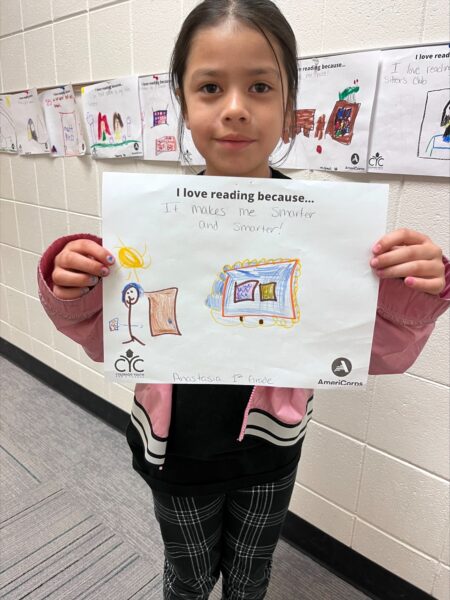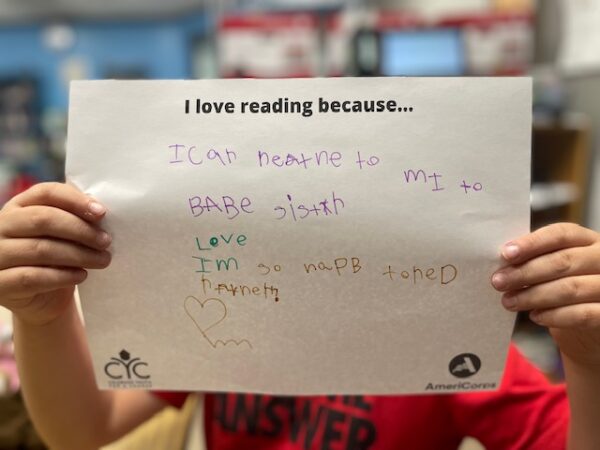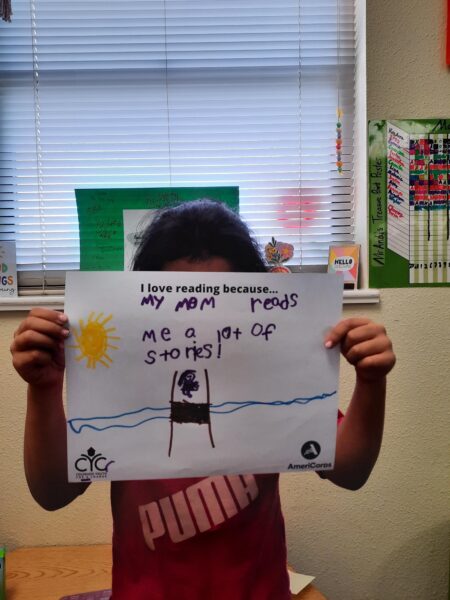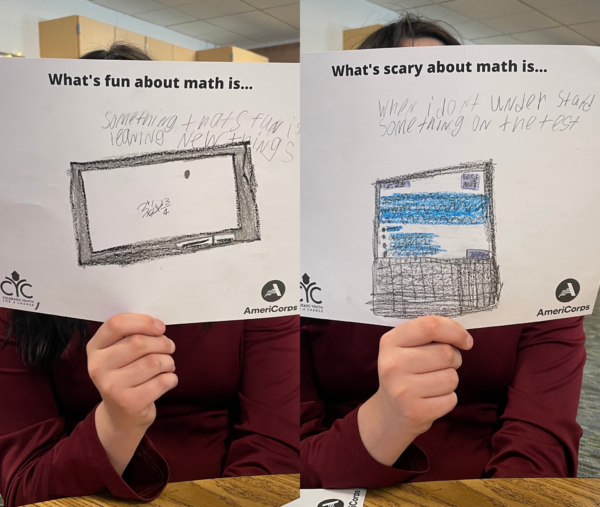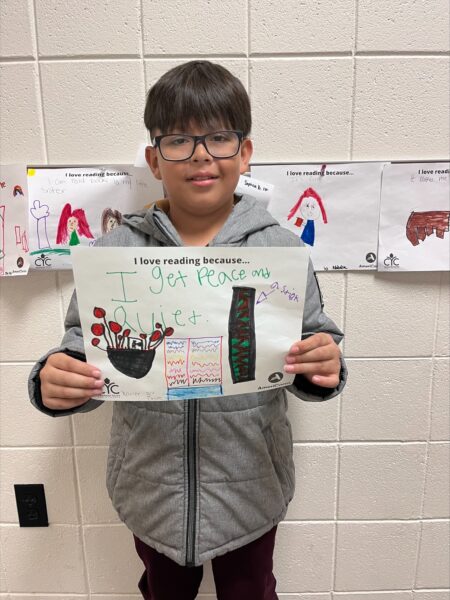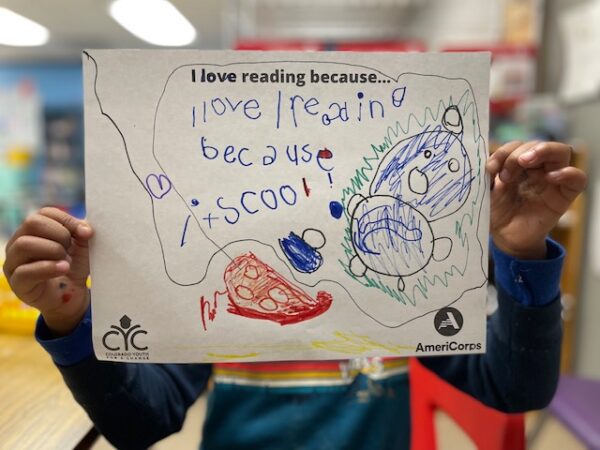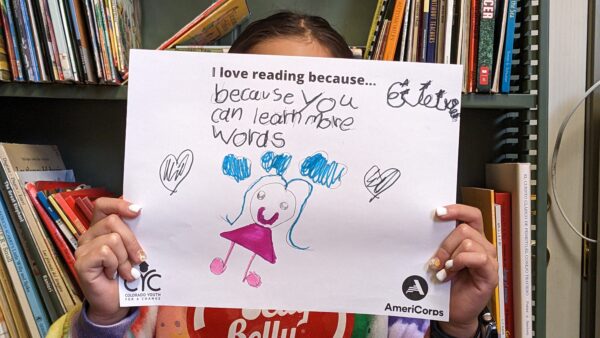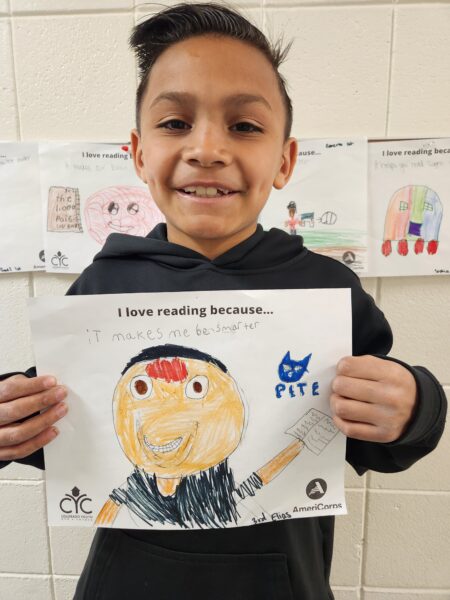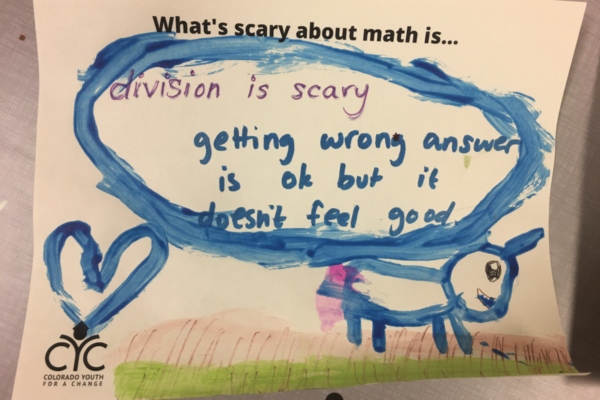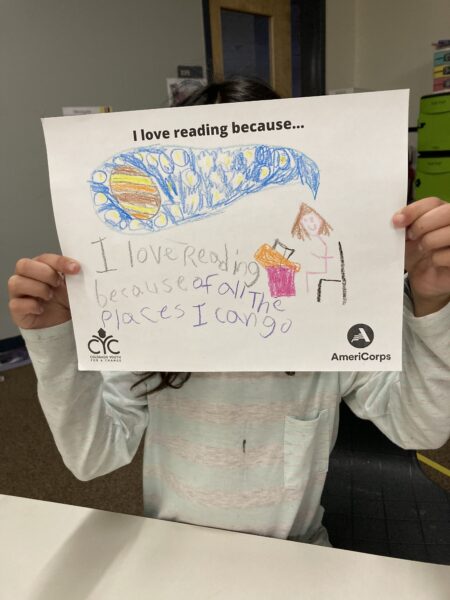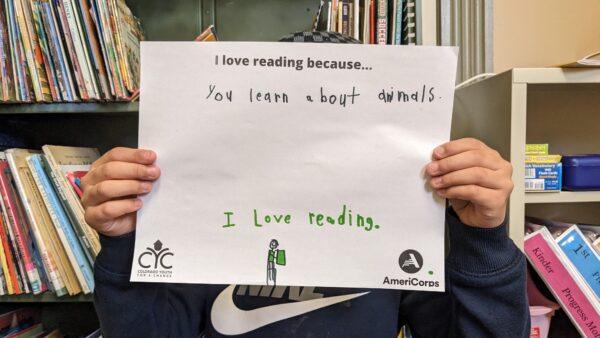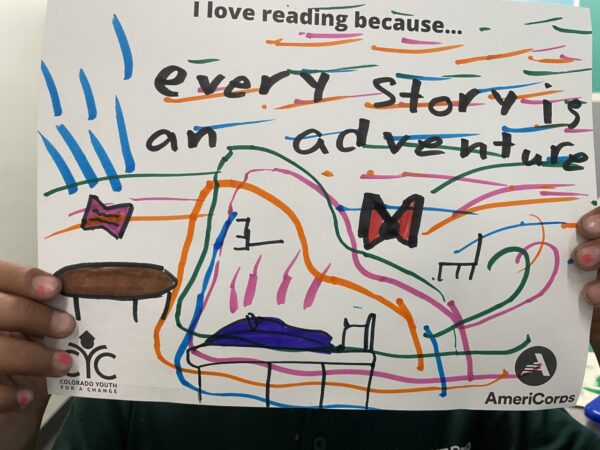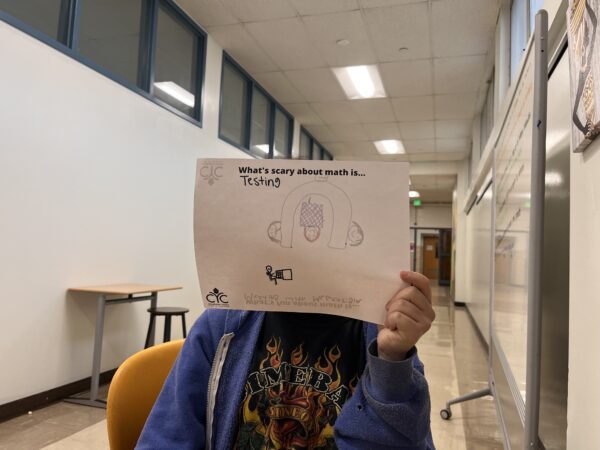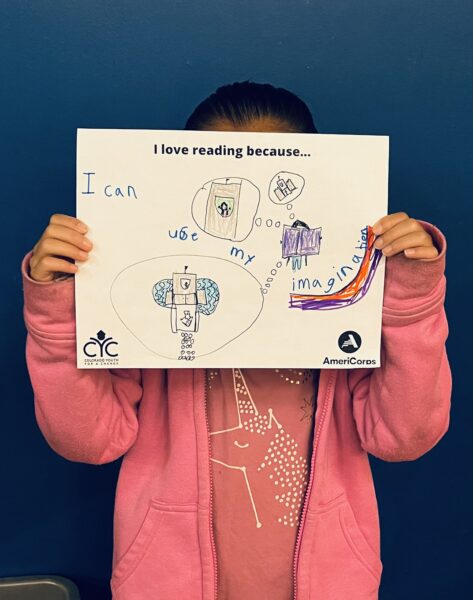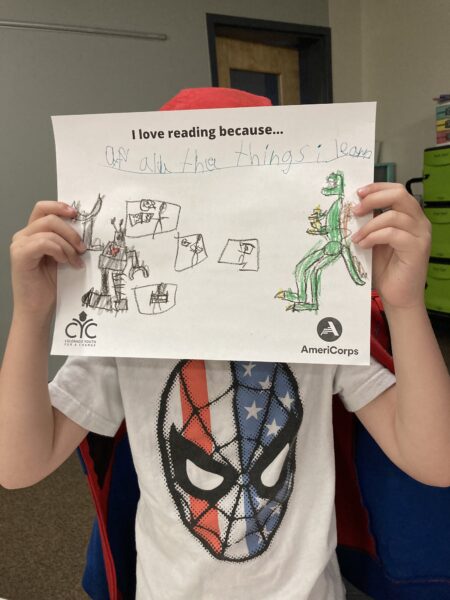By Amelia Federico Soft skills. Durable skills. Essential skills. Core skills. Whatever you call them,…
Students share their voices
by Emily Loof, Development and Marketing Manager at Colorado Youth for a Change
Last year, we piloted a project called Student Journeys with a small group of high school students. We were inspired by the value of hearing and learning from students and expanded the project this school year to provide a platform for more of our students across all programs to share their voices.1
The core purpose of our Youth Voice Initiative is to provide students with an opportunity to share their real thoughts, dreams, fears, and feedback. While our students come from many different circumstances and places, we identified some common themes across the projects.
Finding meaning and purpose
Across grade levels, students grappled with the need to find meaning and purpose in going to school every day. For some, that struggle was external as they sought to learn material relevant to their future plans. Melvin (high school student) shared in his essay:
“School is somewhere we are supposed to go to learn and get us ready for the future but I don’t think that’s the case a lot of the time… I believe if students had an opportunity to graduate with a career after learning it in high school we’d have way higher graduation rates and less kids not knowing what’s next for them.”
Melvin, high school student
On the flipside, a common thread in our Reading Corps students’ submissions was their joy when they get the opportunity to read books on subjects they care about or are relevant to them, such as sports and animals that interest them or beloved characters they can revisit.
For others, the struggle for purpose turned internal. In her art piece, Cristal (high school student) depicted herself as “a disappointment” and “worthless” when she was struggling with school and the juvenile justice system; she explained in her companion video that she “had a negative mindset about herself” and she did not love or respect herself. Similarly, Joshua (high school student) shared that he felt worthless when failing his classes, so he dropped out of school. This trend not only affects high school students but younger students too; nearly every Math Corps student named testing or getting answers wrong as the scariest things about math, and several even wrote plainly about their anxiety in these situations.
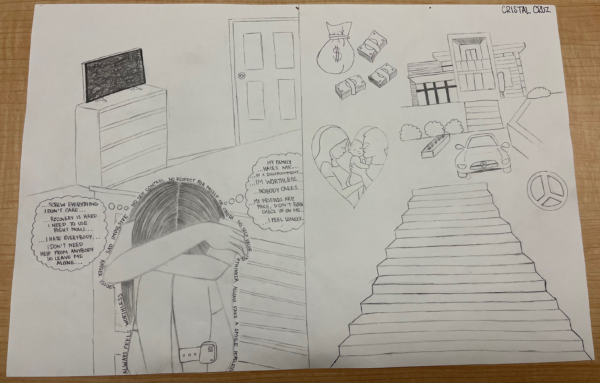
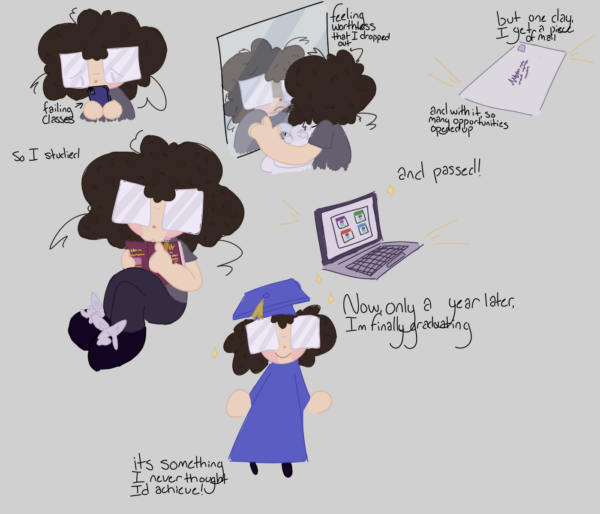
This tendency to connect performance to self-esteem has far-reaching consequences for students’ mental health. Students’ struggle with mental health is borne out in the latest research; according to Chalkbeat, mental health-related visits to emergency departments in the Children’s Hospital Colorado system increased 74% in January-September 2022, compared with the same period in 2019. While students’ mental health struggles can stem from a variety of factors, there is no question that the pressure to succeed and “be something”—in other words, to find purpose—is one of those factors.
Having a say
On a similar note, students both directly and indirectly expressed how important it is to them to be active participants in their own learning. In her essay, Heavyn discussed her frustration at being unable to intervene on her own behalf and being told to ignore situations that made her feel unsafe. Melvin also spoke on this issue in his essay, explaining that a one-size-fits-all education model is not working for him or his peers:
“Students that need different learning tactics like hands-on work or even group work should be set up in areas they would thrive and do well in. And for students that like quiet learning and note-taking, [they can] learn in areas they are comfortable in. I disagree with how the schools think we all learn the same and think the same.”
Melvin, high school student
For younger students, participation often means continuing their learning at home with their family and loved ones. Isaias (Reading Corps student) says his favorite thing about reading is that he now knows how to read to his baby sister. It also means having a tutor who can “slow down and offer one-on-one help” and attention (Math Corps student), especially when individualized attention is in such short supply in our busy schools. This project is a stepping stone for students to take ownership over their educational journeys.
Joy in the small and the big things
One of the most inspiring aspects of the submissions was the way students expressed joy in their learning and achievements. Alondra (high school student) included in her painting, “Sometimes I feel like I can’t do it but I am a positive person and I encourage myself that I can do it in the future. I am going to achieve all my dreams and I am going to reach my goals so that my parents feel very proud of me, and for me to be a good example for my family.” (translated from Spanish) In his art piece, Joshua expressed his pride over graduating: “I’m finally graduating. It’s something I never thought I’d achieve.” On shifting her mindset from worthlessness to motivation and purpose, Cristal said, “I started to see that I could do way better. People always told me that I am smart and I have potential to be someone. I couldn’t just throw it all away… I decided to live a better life.”
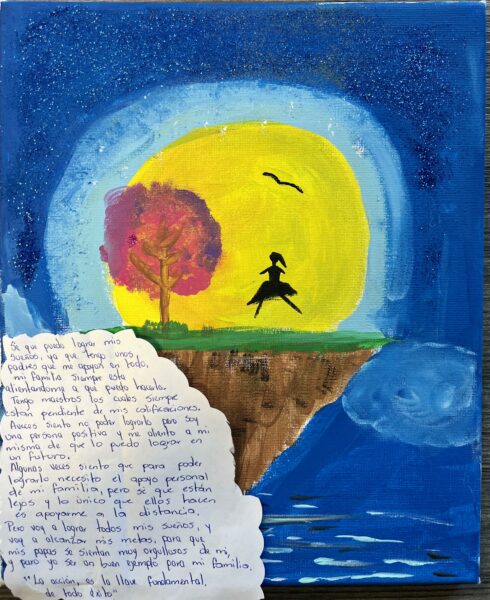
Here are a few things our Reading Corps students found joy in or loved about reading:
- The chance to learn new words (Elexie)
- “All the places I can go…” (Jordyn)
- “Every story is an adventure.” (Kaytlynn)
- “It makes me smarter and smarter.” (Anastasia)
- “I can use my imagination.” (Eden)
Truly understanding the student perspective means allowing students to express themselves. We look forward to continuing this work to amplify student voice next school year and beyond.
1) Last year our high school students were invited to respond via their chosen medium to just one guiding question, “What would you change about the education system to better fit your needs?” This year we widened the aperture to contain a variety of questions that students could choose from:
- What would you change about your school/district to better fit your needs?
- When are you your happiest at school?
- What’s something you’re proud of from the past year?
- What do you dream about your future and what would help you get there?
Meanwhile, we involved our K-8th grade students this year by providing program-specific prompts that students responded to with art, words, or both. Our Math Corps students (4th-8th grade) were asked, “What’s scary about math?” and “What’s fun about math?” Our Reading Corps students (K-3rd grade) were asked, “I love reading because…” The students then worked directly with their math or reading tutor to provide a personal response.

